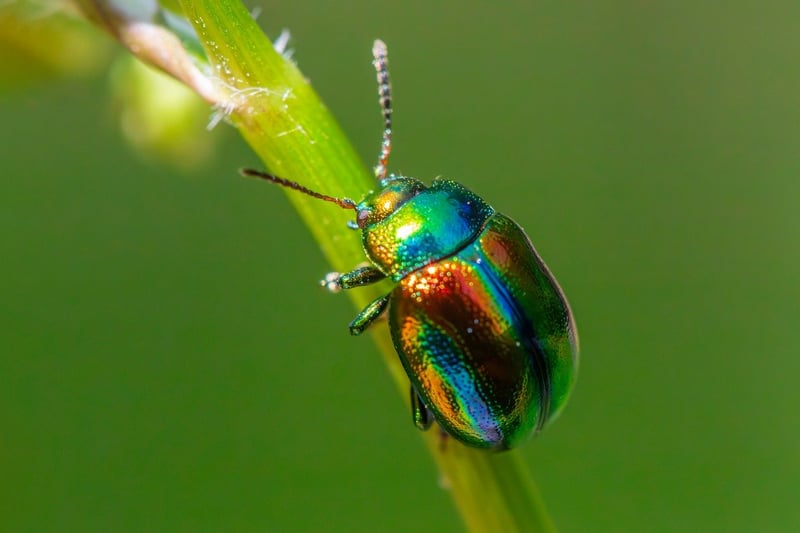Pest Prevention
Keeping Your Garden Healthy: Pest Prevention Tips
Having a healthy garden is every gardener's dream, but pests can quickly turn that dream into a nightmare. By following these pest prevention tips, you can keep your garden thriving and beautiful all year round.
1. Choose Resistant Plants
Opt for plant varieties that are known to be resistant to common pests in your area. This can significantly reduce the chances of your garden being infested.
2. Maintain Good Garden Hygiene
Keep your garden clean by removing dead plants, fallen leaves, and any debris that can harbor pests. Regularly weed your garden to prevent weed growth, which can attract pests.
3. Proper Watering and Fertilizing
Overwatering can make your plants susceptible to diseases and pests. Ensure you water your garden properly and avoid waterlogging. Similarly, use organic fertilizers to promote healthy plant growth without attracting pests.
4. Attract Beneficial Insects
Encourage the presence of beneficial insects like ladybugs, lacewings, and praying mantises in your garden. These insects feed on common garden pests, helping to naturally control pest populations.
5. Use Natural Pest Control Methods
Consider using natural pest control methods like neem oil, insecticidal soap, or diatomaceous earth to manage pest infestations without harming beneficial insects or the environment.
6. Crop Rotation
Rotate your crops each season to prevent the buildup of pests that target specific plants. This practice can help disrupt the life cycle of pests and reduce their numbers in your garden.
7. Monitor Your Garden Regularly
Inspect your plants regularly for any signs of pest damage or infestation. Early detection can help you address pest issues before they become severe and require more drastic measures.
8. Physical Barriers
Use physical barriers like row covers or netting to protect your plants from pests like birds, rabbits, or insects. These barriers can be especially useful for vulnerable plants.
9. Companion Planting
Practice companion planting by placing pest-repelling plants near susceptible plants. For example, planting marigolds near tomatoes can deter nematodes and other pests.
10. Seek Professional Help
If pest infestations become overwhelming despite your best efforts, don't hesitate to seek help from a professional pest control service. They can provide targeted solutions to manage pests effectively.
By incorporating these pest prevention tips into your gardening routine, you can enjoy a healthy and thriving garden without the interference of pesky pests.

For more information on pest prevention and garden care, visit Gardening Website.
